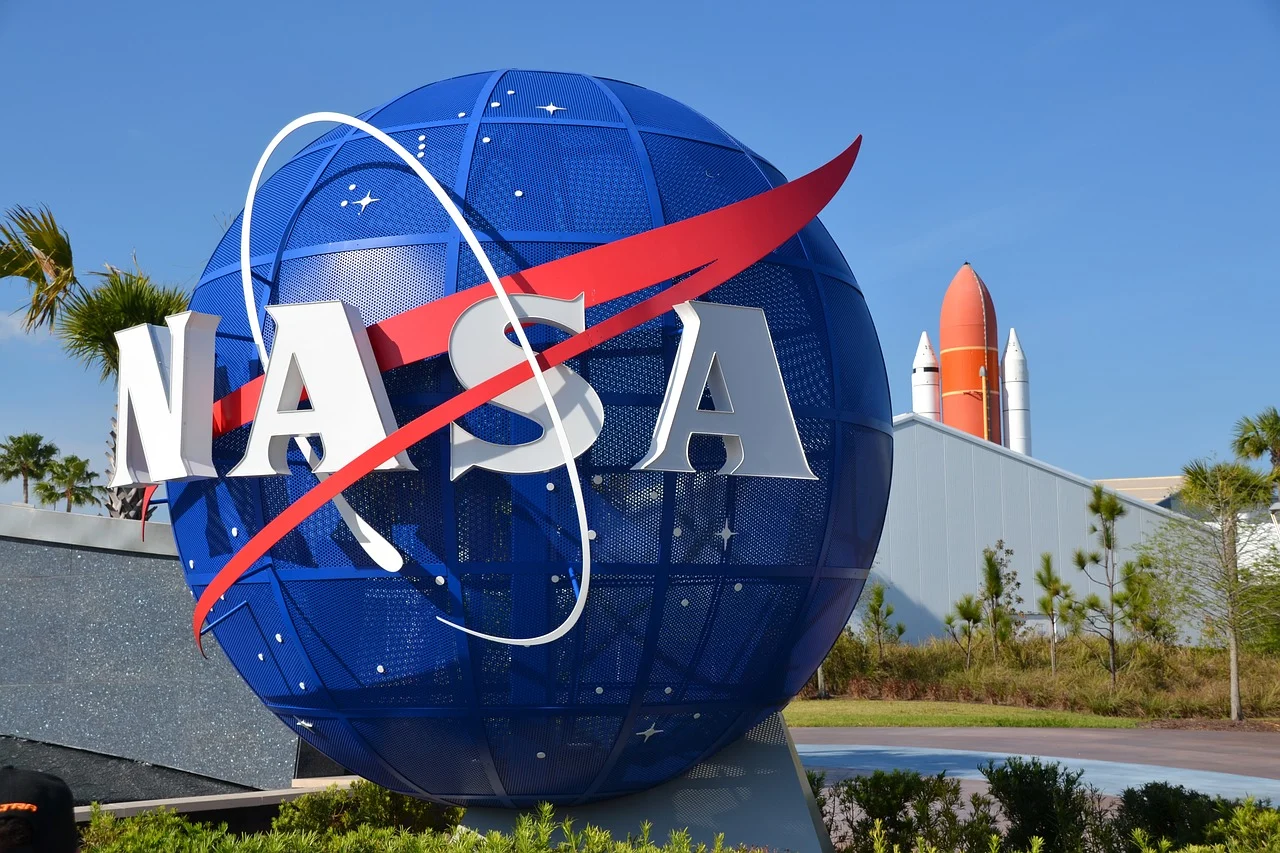Science News Roundup: NASA seeks cheaper ideas for Mars sample return mission amid budget crunch; Astronomers detect Milky Way's second-largest known black hole and more
Researchers now have unlocked the genome of the Arabica species and traced its origins to a natural mating between two other coffee species an estimated 610,000 to one million years ago in the forests of Ethiopia.

Following is a summary of current science news briefs.
Head of Russian space agency says work under way on modernised Angara rocket
Russia is working on a modernised Angara-A5M rocket capable of launching manned spacecraft, and plans to launch it in 2027, the head of its Roscosmos state space agency said on Wednesday. "Already now, by order of Roscosmos, a modernized Angara-A5M rocket with a more powerful propulsion engine is being created," Yury Borisov said in televised comments.
Genome study reveals prehistoric Ethiopian origins of coffee
You might call it a cup of Joe, java, mud, brew, mocha, or your morning jolt. Coffee undoubtedly is a big part of global culture, and the kind made from the Arabica bean is the most appreciated by coffee drinkers. Researchers now have unlocked the genome of the Arabica species and traced its origins to a natural mating between two other coffee species an estimated 610,000 to one million years ago in the forests of Ethiopia. That makes this species older than our own species Homo sapiens, which arose in Africa about 300,000 years ago.
Australia's Juukan Gorge yields up rare Tasmanian Devil tooth
Archaeologists surveying the Juukan Gorge rock shelter in Western Australia that was destroyed by Rio Tinto in 2020 have unearthed major finds including the tooth of a Tasmanian Devil that has not been recorded on the mainland in 3,000 years.
The Tasmanian Devil is one of the world's largest meat-eating marsupials that is an apex predator on the country's southern island. It died out on the mainland around 3,500 years ago.
Gigantic marine reptile's fossils found by British girl and father
A fossil jawbone found by a British girl and her father on a beach in Somerset, England belongs to a gigantic marine reptile dating to 202 million years ago that appears to have been among the largest animals ever on Earth. Researchers said on Wednesday the bone, called a surangular, was from a type of ocean-going reptile called an ichthyosaur. Based on its dimensions compared to the same bone in closely related ichthyosaurs, the researchers estimated that the Triassic Period creature, which they named Ichthyotitan severnensis, was between 72 and 85 feet (22-26 meters) long.
Astronomers detect Milky Way's second-largest known black hole
Astronomers have discovered a black hole with a mass about 33 times greater than that of our sun, the biggest one known in the Milky Way aside from the supermassive black hole lurking at the center of our galaxy. The newly identified black hole is located about 2,000 light-years from Earth - relatively close in cosmic terms - in the constellation Aquila, and has a companion star orbiting it, researchers said on Tuesday. A light year is the distance light travels in a year, 5.9 trillion miles (9.5 trillion km).
NASA seeks cheaper ideas for Mars sample return mission amid budget crunch
NASA is seeking a cheaper, simpler approach to one of its top science priorities in the midst of a budget crunch - retrieving precious soil samples collected on Mars and flying them back to Earth, U.S. space agency officials said on Monday. A formal request for proposals will go out Tuesday to various NASA centers and laboratories, as well as to space industry companies, asking how to revamp a program mired in technical complexities, spending constraints and ballooning costs, according to NASA executives.
(With inputs from agencies.)
ALSO READ
Putin Welcomes Trump's Presidency Amid Russia-Ukraine Tensions
Midnight Drone Siege: Russia's Relentless Assault on Ukraine
Overnight Assault: Russia's Drone and Missile Barrage on Ukraine
Building Collapse in Bangarapet: Families Safely Evacuated
Diplomatic Tensions Flare: Russia and Canada Clash Over Sabotage Accusations










